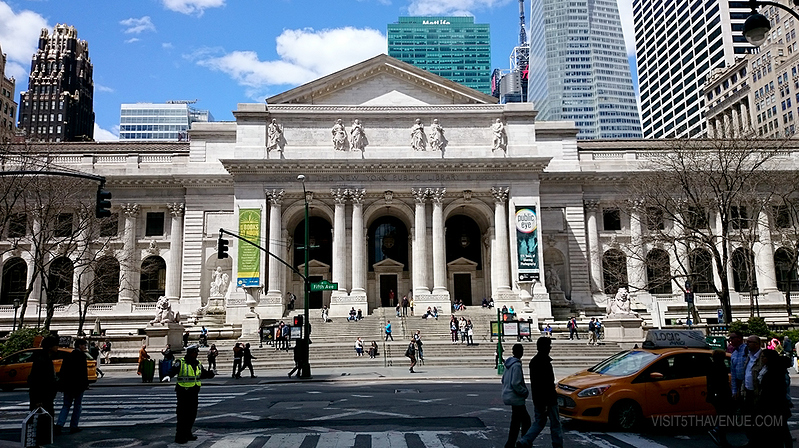At the Paris Review website, Australian author Stuart Kells writes a moving homage to libraries. In our post-print culture, Kells suggests that the genius and wonder of libraries has only increased. Read an excerpt from the piece below, or the full text here.
Public libraries are of and for the people. Fundamentally democratic, they usually do not ask visitors to justify their presence or pay an entry fee. Fewer and fewer such nondiscriminatory and noncommercial spaces exist in our towns and cities today.
In the human mind, the word library seems to sit alongside other pregnant and evocative words such as garden, forest, galaxy, and labyrinth. Book lovers speak of their possessions as beautiful flowers, verdant leaves, precious fruit, flowing fountains. Books are stars and planets and meteorites. To browse library shelves is to wander in a maze or a mirror gallery. Cemetery is another neighboring word. Libraries have always been a matter of life and death. They are places of reverence, homes for things long gone. Through books, the dead speak. (At the Altenburg Library, in Lower Austria, the understory is a vast crypt for the interment of provosts. As James W. P. Campbell wrote, “The words of the dead were thus kept above the bodies of the dead.”)
Magic, too, is a word that comes up in library surveys and studies. An intrinsic part of how libraries are experienced, the magic of libraries is personal, subjective, and multifaceted. (A 1992 survey of library theft found that the most stolen subject areas in British libraries were, in decreasing order, sex, telepathy, foreign languages, black magic, music, and the arts. While books about sex were most popular among thieves in the big cities, black magic won out in the smaller communities.)
Image: The main branch of the New York Public Library. Via visit5thavenue.com.
